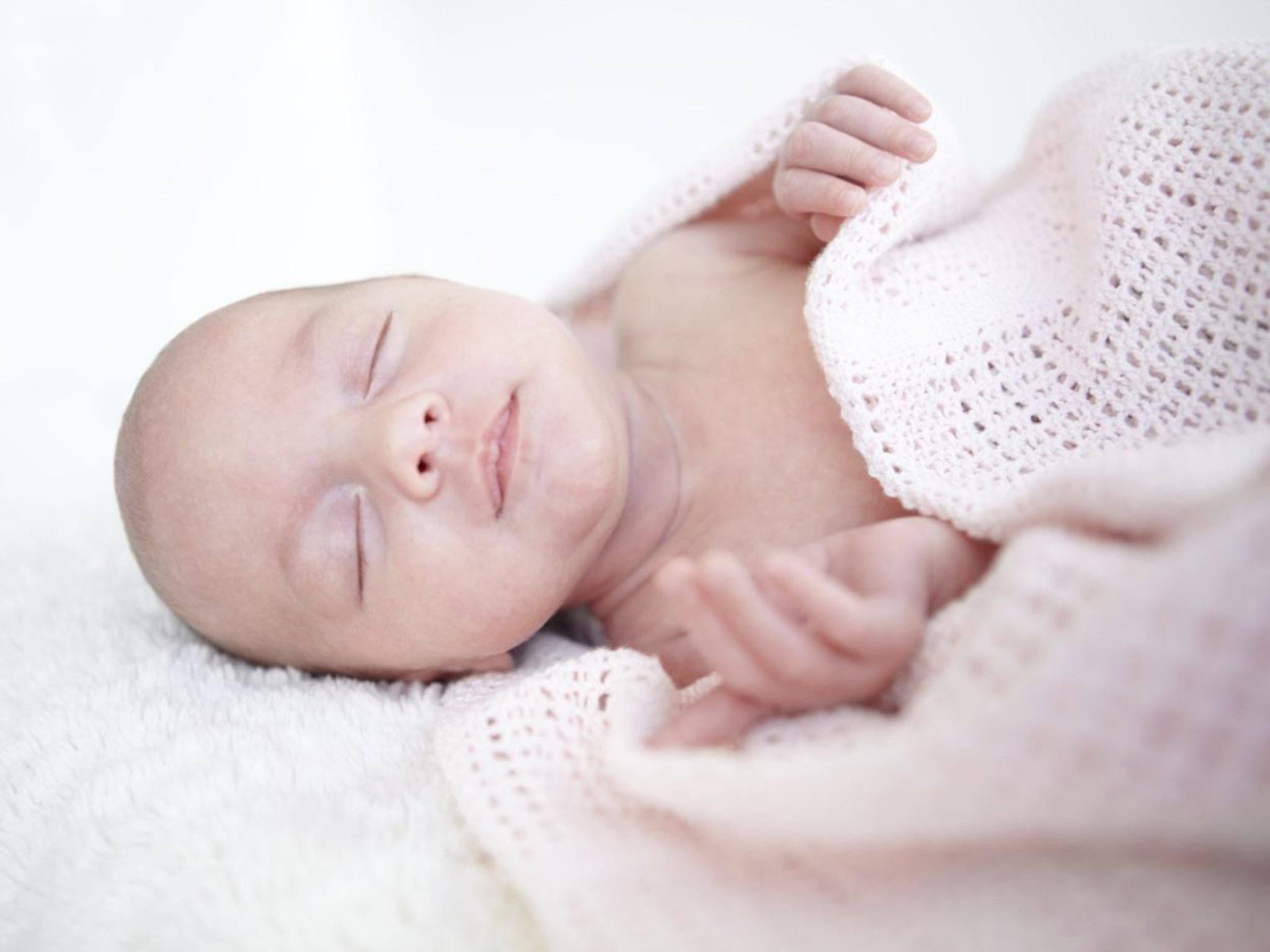Big-headed babies are likely to earn university degrees, scientists suggest
Scientists investigating the link between genes, IQ and overall health made the discovery

Your support helps us to tell the story
From reproductive rights to climate change to Big Tech, The Independent is on the ground when the story is developing. Whether it's investigating the financials of Elon Musk's pro-Trump PAC or producing our latest documentary, 'The A Word', which shines a light on the American women fighting for reproductive rights, we know how important it is to parse out the facts from the messaging.
At such a critical moment in US history, we need reporters on the ground. Your donation allows us to keep sending journalists to speak to both sides of the story.
The Independent is trusted by Americans across the entire political spectrum. And unlike many other quality news outlets, we choose not to lock Americans out of our reporting and analysis with paywalls. We believe quality journalism should be available to everyone, paid for by those who can afford it.
Your support makes all the difference.Babies born with big heads are likely to be more intelligent, a study has suggested.
Research has linked the size of a child’s head with their academic achievements later on in life, finding that the bigger the head smarter a baby will be.
Scientists investigating the link between genes, IQ and overall health made the discovery.
“In addition to there being shared genetic influences between cognitive skills and some physical and mental health states, the study also found that cognitive skills share genetic influences with brain size, body shape and educational attainments," Professor Ian Deary of Edinburgh University, he told Neuroscience News.
The study used data from 100,000 Britons, stored by the UK Biobank which has collected more than half a million samples from people aged between 37 and 73 years.
Participants provided blood, urine and saliva samples for analysis, as well as providing information about their backgrounds and lifestyle.
Close analysis of the data revealed babies born with larger heads are significantly more likely to get a degree, as well as score higher on verbal-numerical reasoning tests.
Published in the journal of Molecular Psychiatry, researchers said: “Highly significant associations were observed between the cognitive test scores . . . and many polygenic profile scores, including . . . intracranial volume, infant head circumference and childhood cognitive ability.”
The study also identified 17 ‘significant’ genes which affect brain function and impact mental and physical health.
Researcher Saskia Hagenaars added: “The study supports an existing theory which says that those with better overall health are likely to have higher levels of intelligence.”
The average newborn head size is 36cm for boys, and 35 cm for girls.
Join our commenting forum
Join thought-provoking conversations, follow other Independent readers and see their replies
Comments